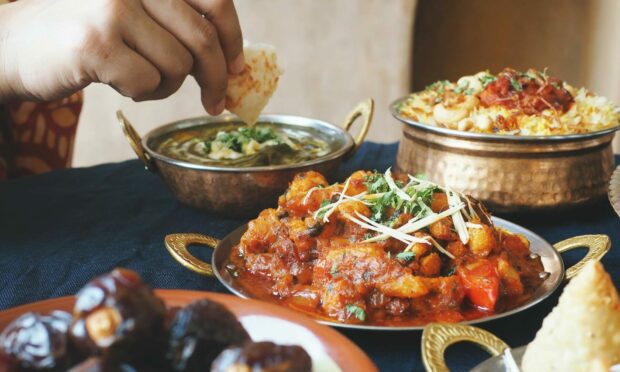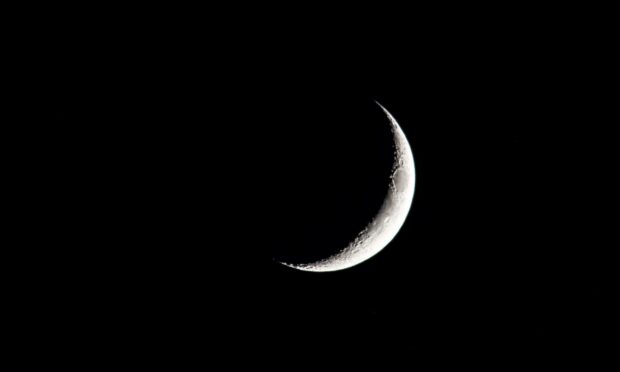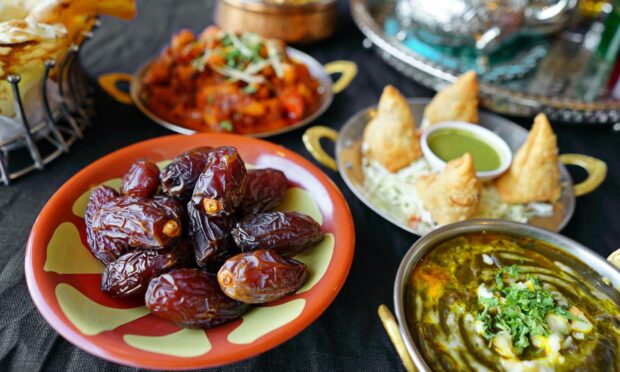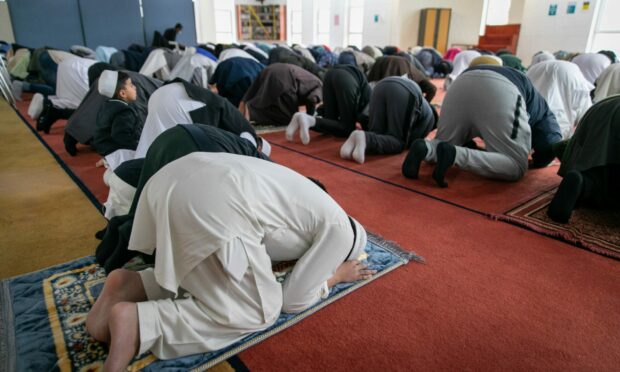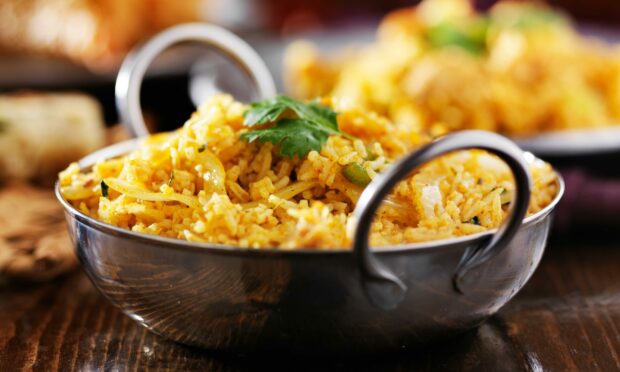Muslims around the world turn their attention this weekend to the Eid al-Fitr celebration, and mark the completion of Ramadan and fasting.
Having fasted for 30 days, the Muslim community will celebrate Eid al-Fitr, which translates literally as the “festival of breaking fast”.
Eid this year will fall on Thursday April 20 or Friday April 21, depending on the sighting of the new moon, signifying the end of the Ramadan month and moving into the next month of Shawwal.
Muslims will wear their best clothes, decorate their homes and spend time with friends and family.
In many homes, it is also a time to make dishes which are for special occasions, and since this is the first day that Muslims can eat food in daylight, a grand feast is usually prepared.
What normally happens on Eid al-Fitr?
On the day of Eid al-Fitr, Muslims will rise early in the morning to prepare themselves for the morning Eid prayer.
It is customary to bathe early in the morning and then adorn oneself with new clothes bought specifically for the blessed day.
Thereafter, an odd number of dates are eaten at home before heading off to the mosque for the Eid prayer.
Prior to the prayer Sadaqat-al-Fitr is collected, which is money given to the poor. The purpose of this is to ensure everyone including those less fortunate can celebrate Eid.
Once this is complete men, women and children from the Muslim community will complete the Eid prayer and listen to an Eid Khutbah (talk) afterwards.
Thereafter, they will attend the graveyard to visit loved ones who have passed, before returning home to commence the festivities, eat, and spend time with people.
Celebratory food
For many people food is the highlight of the day on Eid, despite many people’s appetites shrinking due to the reduced amount of eating in Ramadan.
Depending on the culture, the food made can vary and there will always be a selection to choose from as well as a mixture of desserts to enjoy.
Types of food can include biryani, jalebis, samosas, gulab jamuns, baklava, mammol, cakes, biscuits, cookies, halwa… the list goes on.
Many people will visit one another and exchange the food they have made so that friends and relatives can enjoy a mix of their own food as well as others.
Eid is a special and blessed day, with feeling of happiness and spending time together, as well as sadness that Ramadan is over.
